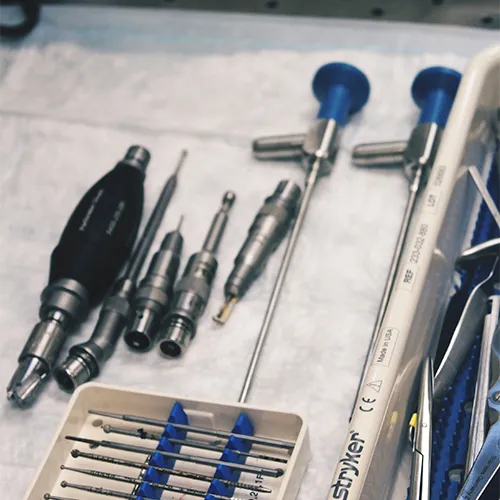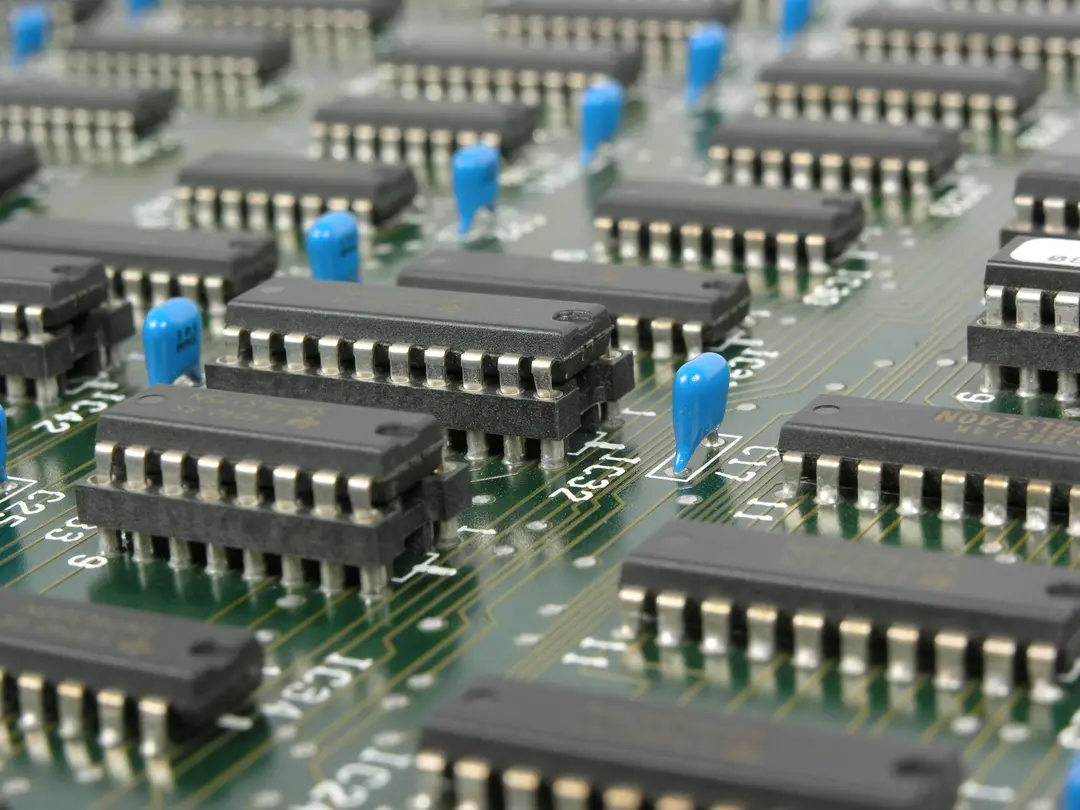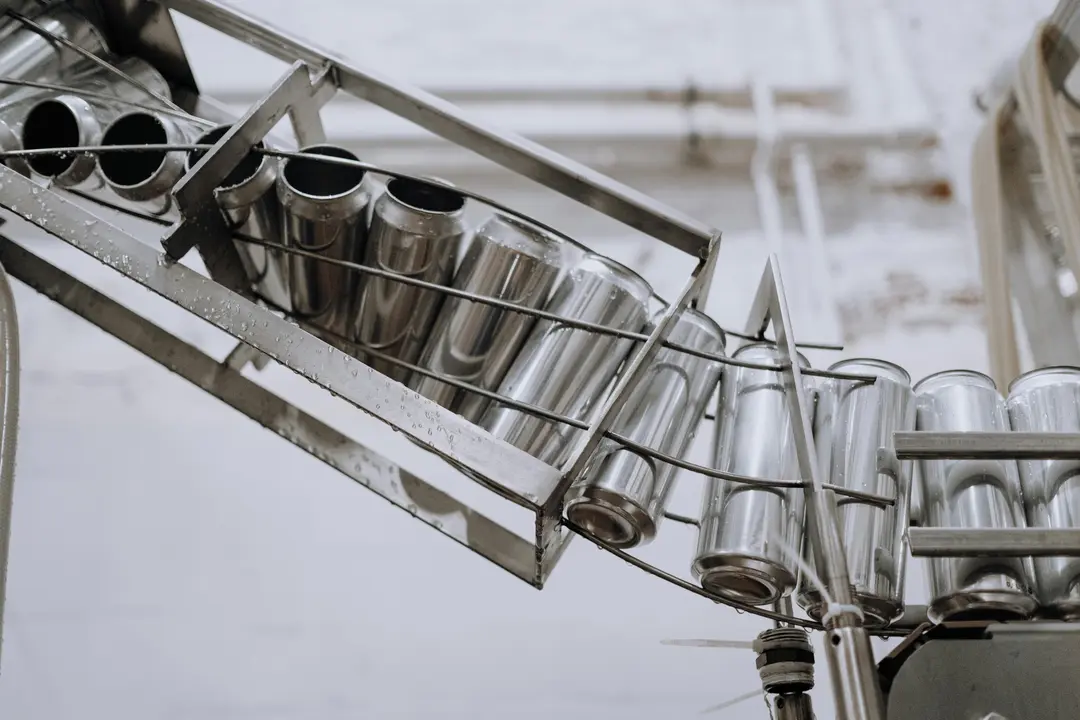What is PEI?
PEI (Polyetherimide) is a high performance amorphous thermoplastic which is typically transparent amber in colour.
PEI plastic is commonly used for structural components requiring high strength and rigidity at elevated temperatures as well as broad chemical resistance.
Please see our PSU (Polysulfone) page for an alternative high performance thermoplastic which has similar characteristics but is cheaper and more readily available.
How PEI is machined will depend on whether it is an unfilled or glass-filled grade being used.
The unfilled can be machined with standard high speed steel cutting tools, the reinforced grade will require hard metal tools. Penta Precision has plenty of experience machining high performance engineering plastics and we will use the correct tools, speeds and feeds for the job.
Water soluble, non-aromatic coolant needs to be used in order to avoid stress cracking.
You may also see PEI referred to as:
- TECAPEI®
- Ultem® / Ultem 1000
- Duratron® PEI
- SUSTAPEI
Main attributes
- High mechanical strength
- High rigidity
- Very good dimensional stability
- Relatively high long term service temperature
- Flame resistant
- Good chemical resistance
- Excellent electrical properties
- High strength to weight ratio
- Glass-filled grade available
- Low thermal conductivity
- Highest dielectric strength of any thermoplastic
- Transparent amber
- High tensile strength
- Semi transparent
- Good UV resistance and weatherability
- Most grades suitable for use with food
- Can withstand dry heat sterilisation at 180°C, ethylene oxide gas and gamma radiation
Common Applications
- Reusable medical devices
- Electrical components
- Surgical & dental instruments
- Radomes
- Thermostat housings
- Bezels
- Reflectors & lighting fixtures
- Gears & driveshafts
- Bearings & bushings
Note for designers
The cost of PEI is higher than conventional engineering plastics and therefore is advised to only be used where the properties are required, i.e. highly demanding applications.
We prefer to work with the cheaper and more readily available Polysulfone (PSU) which has similar characteristics.
UK stock sizes
Here are the standard stock sizes/colours for PEI in the UK. Please note we do not supply stock material, the information provided is purely for design and research purposes.
Stock sizes vary by supplier. Below are the standard stock sizes for Ultem® 1000. We recommend the more readily available PSU (Polysulfone) as a cheaper alternative to PEI.
PEI Sheet
- Dimensions: 12in x 12in to 24in x 48in
- Thickness 0.060in to 3in
PEI Rod
- Outside Diameter: 0.250in to 6in
Technical properties
Here are the properties for TECAPEI natural which is an unfilled, unreinforced PEI brand. Reinforced and modified grades will have different properties.
TECAPEI Properties
Mechanical properties
| Mechanical Properties | Value | Parameter | Norm | Notes |
Modulus of Elasticity
(tensile test) | 3200 MPa | 1mm/min | DIN EN ISO 527-2 | For tensile test: specimen
type 1b |
| Tensile Strength | 127 MPa | 50mm/min | DIN EN ISO 527-2 | |
| Tensile Strength at Yield | 127 MPa | 50mm/min | DIN EN ISO 527-2 | |
| Elongation at Yield | 7% | 50mm/min | DIN EN ISO 527-2 | |
| Elongation at Break | 35% | 50mm/min | DIN EN ISO 527-2 | |
| Flexural Strength | 164 MPa | 2mm/min, 10 N | DIN EN ISO 178 | For flexural test: support span 64mm, norm specimen |
| Modulus of Elasticity (flexural test) | 3300 MPa | 2mm/min, 10 N | DIN EN ISO 178 | |
| Compression Strength | 23/41/92 MPa | 1% / 2% / 5% 5mm/min, 10 N | EN ISO 604 | Specimen 10x10x10mm |
| Compression Modulus | 2800 MPa | 5mm/min, 10 N | EN ISO 604 | Specimen 10x10x50mm, modulus range between 0.5 and 1% compression. |
| Impact Strength (Charpy) | 113 kJ/m2 | max. 7.5J | DIN EN ISO 179-1eU | For Charpy test: support span 64mm, norm specimen |
| Ball Indentation Hardness | 225 MPa | | ISO 2039-1 | Specimen in 4mm thickness |
Thermal properties
| Thermal Properties | Value | Parameter | Norm | Notes |
| Glass Transition Temperature | 216°C | | DIN EN ISO 11357 | Found in public sources |
| Melting Temperature | N/A | | DIN EN ISO 11357 | |
| Service Temperature | 200°C | short term | | Found in public sources. Individual testing regarding application conditions is mandatory |
| Service Temperature | 170°C | long term | | |
| Thermal Expansion (CLTE) | 5 10-5 K-1 | 23-60°C, long | DIN EN ISO 11359-1;2 | |
| Thermal Expansion (CLTE) | 5 10-5 K-1 | 23-100°C, long | DIN EN ISO 11359-1;2 | |
| Thermal Expansion (CLTE) | 6 10-5 K-1 | 100-150°C, long | DIN EN ISO 11359-1;2 | |
| Specific Heat | 1.2 J/(g*K) | | ISO 22007-4:2008 | |
| Thermal Conductivity | 0.21 W/(K*m) | | ISO 22007-4:2008 | |
Electrical properties
| Electrical Properties | Value | Norm |
| Specific Surface Resistance | 1014 Ω | DIN IEC 60093 |
| Specific Volume Resistance | 1014 Ω*cm | DIN IEC 60093 |
Other properties
| Other Properties | Value | Parameter | Norm | Notes |
| Water Absorption | 0.05 / 0.1% | 24h / 96h (23°C) | DIN EN ISO 62 | Ø ca. 50mm, h=13mm |
| Resistance to hot water/bases | + | | | + good resistance |
| Resistance to weathering | - | | | - poor resistance |
| Flammability (UL94) | V0 | Corresponding to | DIN IEC 60695-11-10 | Corresponding means no listing at UL (yellow card). The information might be taken from resin, stock shape or estimation. Individual testing regarding application conditions is mandatory. |
| Density | 1.28 g/cm3 | | | |
 Get a quote
Get a quote










